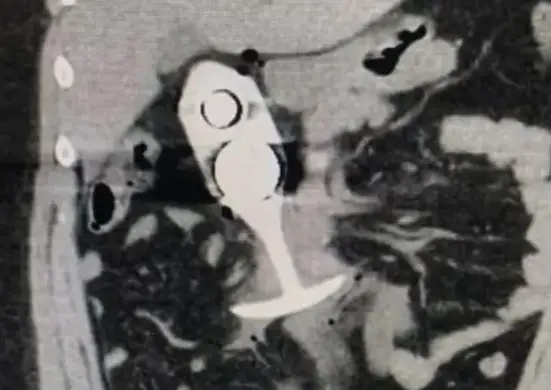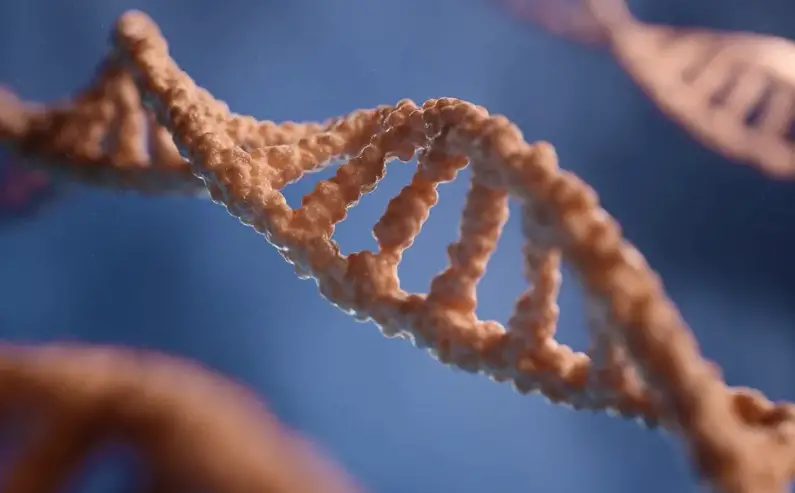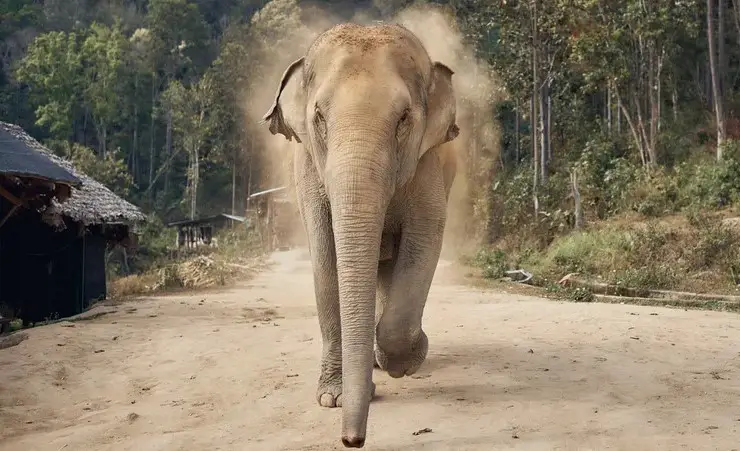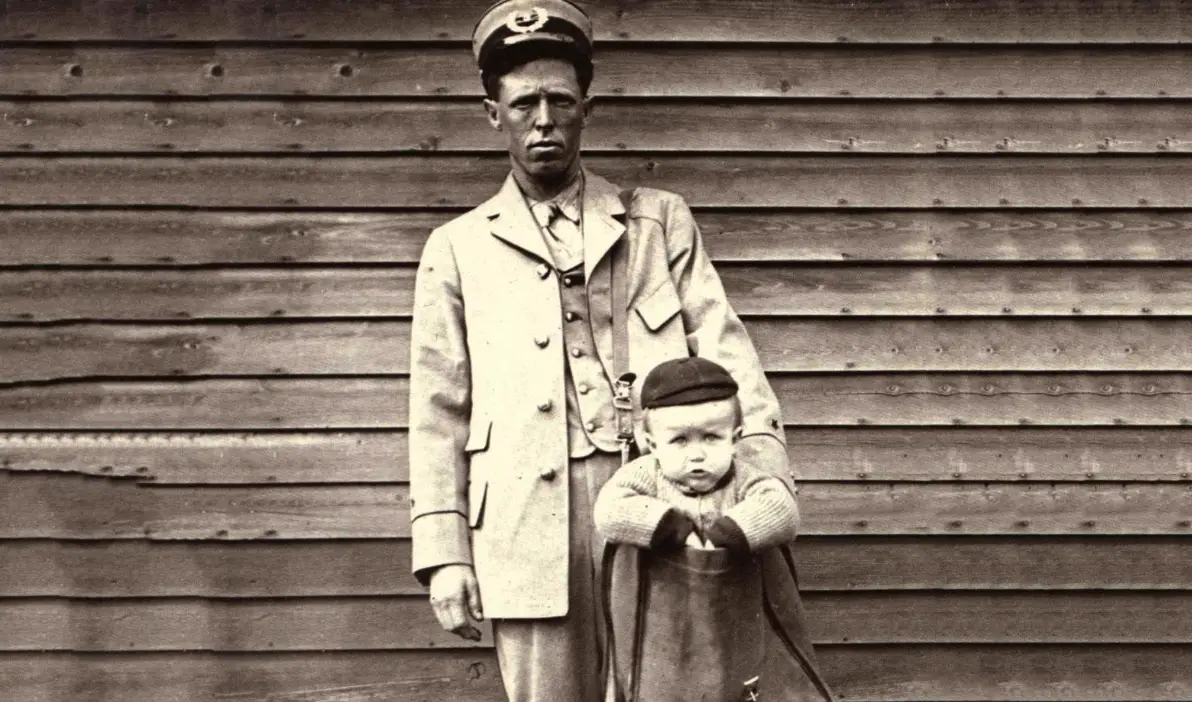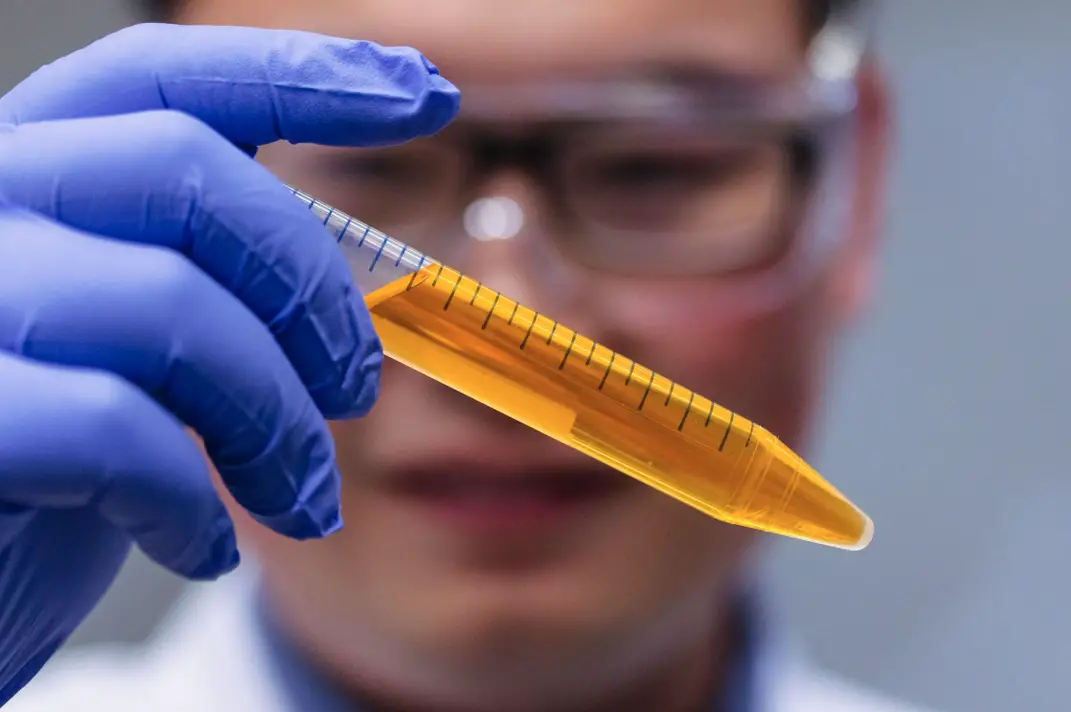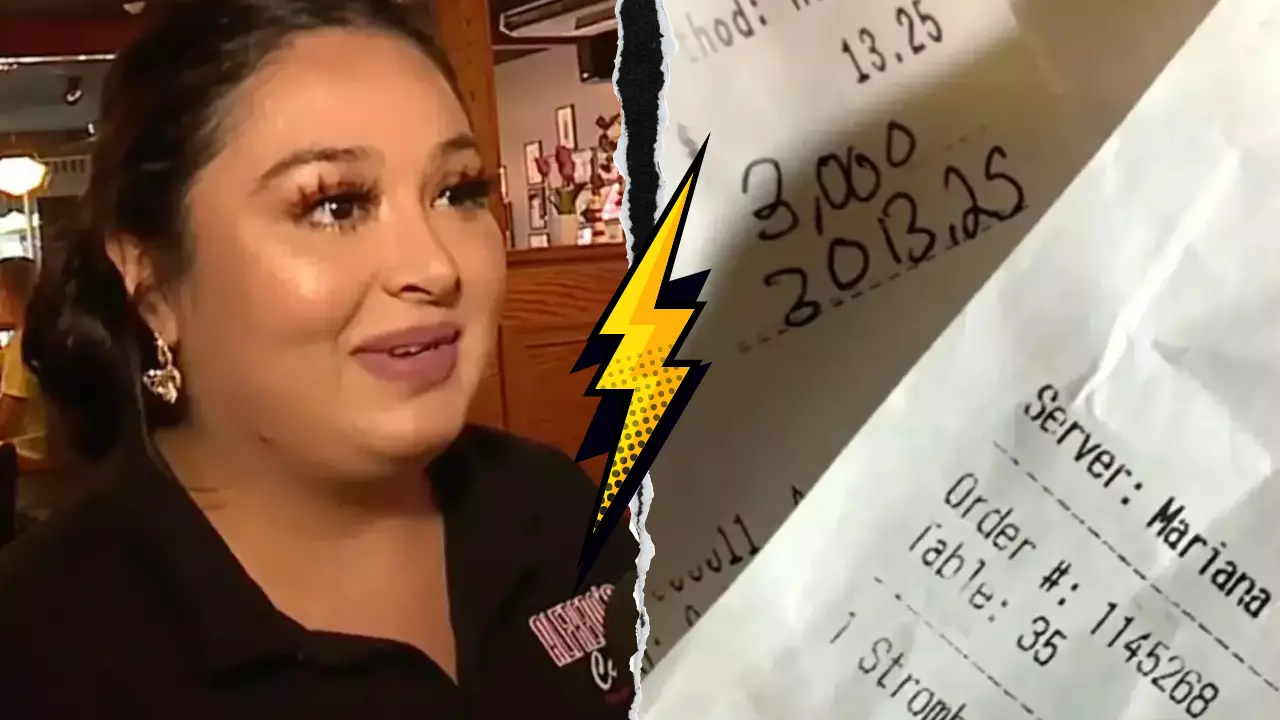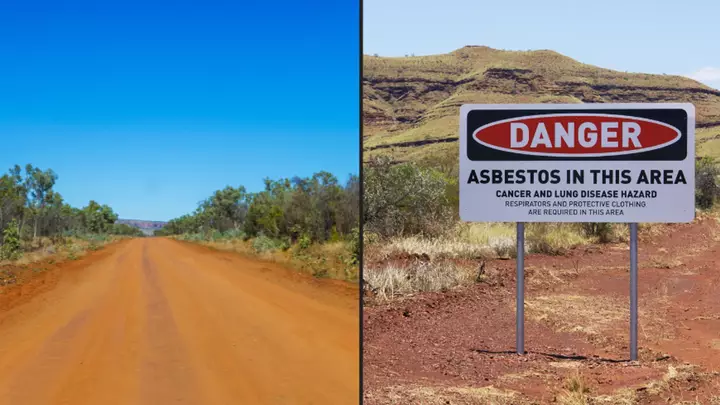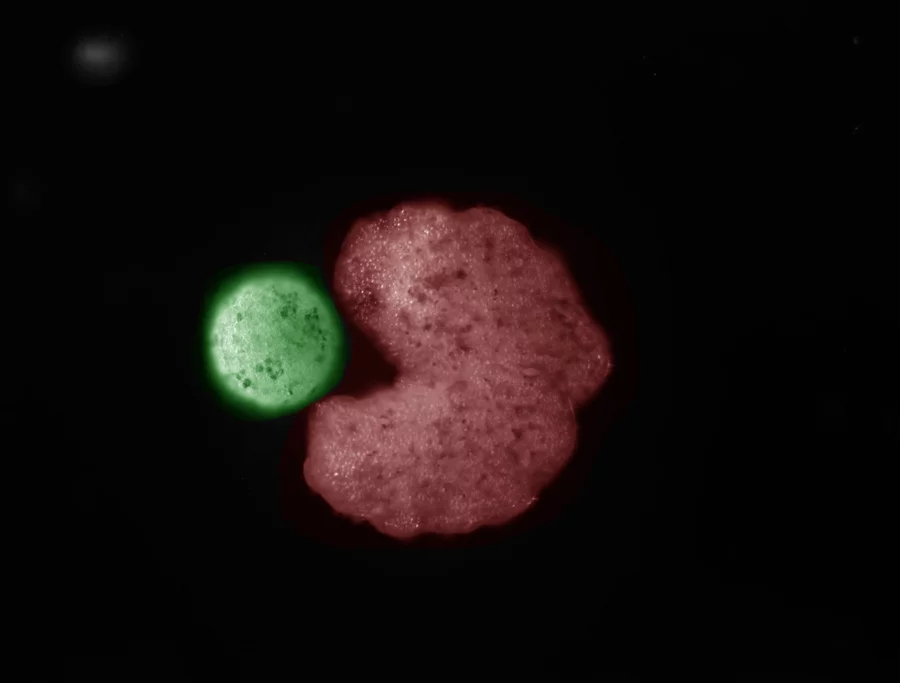Cows Trained to Use Toilets to Help with Reducing Greenhouse Gas Emissions
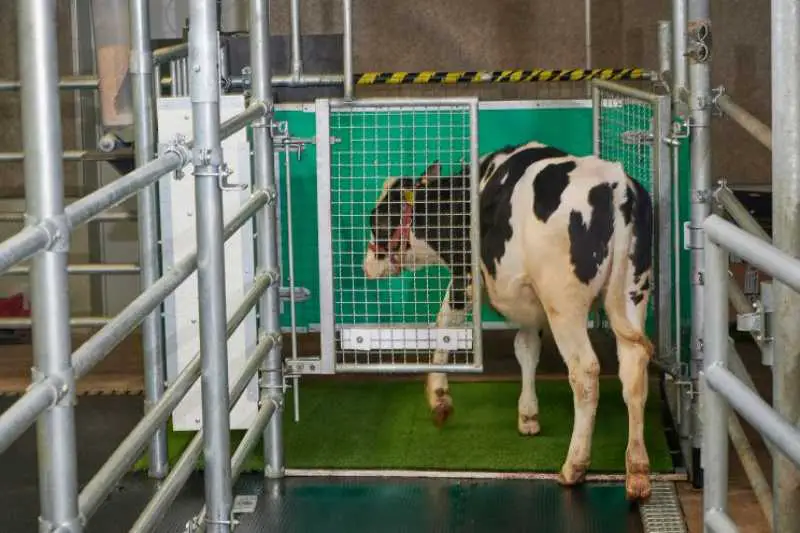
In the urgent quest to mitigate climate change, scientists are exploring every possible avenue, including some that might seem straight out of a science fiction novel.
Researchers in Germany have achieved a remarkable milestone: training cows to use toilets.
This innovative approach, dubbed the “MooLoo” system, targets the environmental impact of cow urine, a significant but often overlooked contributor to greenhouse gas emissions.
Livestock, particularly cows, are major sources of greenhouse gases, accounting for approximately 14.5% of global emissions, with cattle being the primary contributors.
They produce methane through enteric fermentation during digestion—a process responsible for about 40% of livestock-related emissions—and nitrous oxide from their waste.
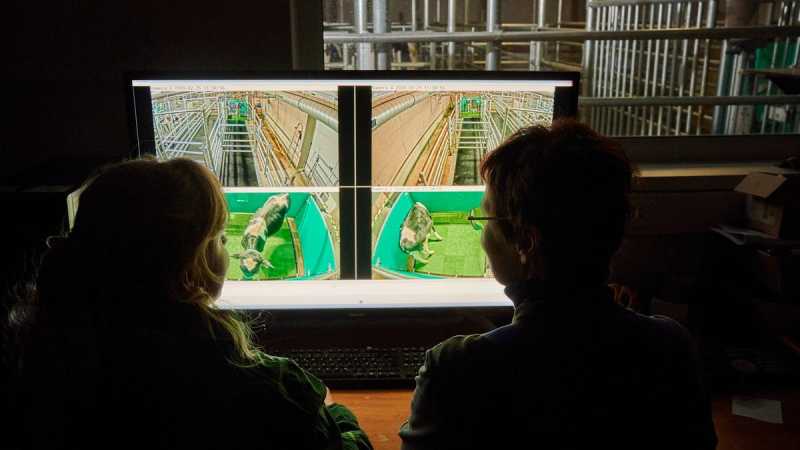
While methane from cow burps and farts has garnered much attention, the role of cow urine in emissions is equally critical.
When urine mixes with soil, it produces ammonia, which microbes convert into nitrous oxide, a greenhouse gas 300 times more potent than carbon dioxide.
Additionally, ammonia from urine can pollute water sources, contributing to excessive algae growth and threatening aquatic ecosystems.
In Europe, agriculture accounts for 90% of ammonia emissions, with livestock farming responsible for over half of that contribution.
The MooLoo project, led by Jan Langbein, an animal psychologist at the Research Institute for Farm Animal Biology in Germany, set out to address this issue.
The team trained 16 young Holstein calves to urinate in a designated area called the MooLoo, a custom-built latrine with a plastic-grass floor.
The training process was meticulous and unfolded in three stages. First, cows were placed directly in the MooLoo pen and rewarded with food, such as molasses or mashed barley, when they urinated.
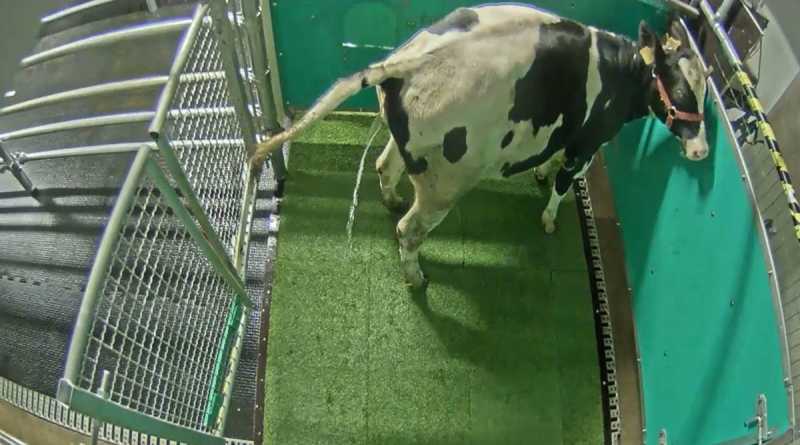
Next, they were positioned in an adjacent area and rewarded for entering the pen and urinating.
Finally, the distance to the MooLoo was increased, requiring the cows to walk down an alley to reach it.
Those who urinated outside the designated area received a mild deterrent—a three-second spray of water.
The results were impressive. After 15 training sessions over a few weeks, 11 of the 16 cows successfully learned to use the MooLoo, achieving a 69% success rate.
Some cows mastered the skill in as few as 10 sessions, outperforming very young children in terms of learning speed.
“Cattle, like many other animals, are quite clever and they can learn a lot,” Langbein remarked. “Why shouldn’t they be able to learn how to use a toilet?”.
The study, published in the journal Current Biology, demonstrated that cows could be trained to control their urination, challenging the assumption that cattle lack such cognitive abilities.
| Aspect | Details |
|---|---|
| Study Location | Germany, Research Institute for Farm Animal Biology |
| Number of Cows Trained | 16 |
| Success Rate | 11 out of 16 (69%) |
| Training Time | 15 sessions over a few weeks |
| Potential Emission Reduction | Capturing 80% of urine could reduce ammonia emissions by 56% |
| Additional Benefits | Improved hygiene and welfare |
The potential environmental benefits are substantial. By collecting and treating cow urine, the MooLoo system prevents it from mixing with soil and producing nitrous oxide.
Researchers estimate that if 80% of cattle urine were captured, ammonia emissions could be reduced by 56%.
Even partial adoption could have a significant impact.
Douglas Elliffe, a professor of psychology at the University of Auckland, noted, “If we could collect 10 per cent or 20 per cent of global cow urinations, it would be sufficient to reduce greenhouse gas emissions and nitrate leaching significantly”.
This reduction would not only help combat climate change but also improve farm hygiene and animal welfare by keeping living areas cleaner.
Inside barns, stagnant urine can damage cows’ hooves and contribute to respiratory issues for both animals and humans, making the MooLoo system a potential boon for animal health.
However, the MooLoo system is not without its skeptics. Critics argue that while it addresses nitrous oxide from urine, it does nothing to mitigate methane emissions, which are a larger part of the problem.
Methane from cow digestion accounts for a significant portion of livestock-related greenhouse gases, and solutions like dietary changes or methane-capturing technologies are being explored to tackle this issue.
Moreover, the practicality of implementing such a system on a global scale is questionable.
Large-scale adoption would require significant investment in infrastructure and training, which may not be feasible for many farmers, especially in developing countries where resources are limited.
As one analysis pointed out, “While the experiment reminds us how smart cows are, it’s unlikely that we will be seeing animal toilets on large farms anytime soon”.
The financial cost of neutralizing damaging components in cow waste could also be prohibitive for many farmers worldwide.
WATCH!
Despite these challenges, the MooLoo project represents a creative and forward-thinking approach to sustainable agriculture.
It underscores the importance of exploring innovative solutions to reduce the environmental footprint of livestock farming, which is critical given that there are approximately 1.4 billion cows on the planet, each producing up to 30 liters of urine daily.
The research team is already looking ahead, working on developing automated sensor technology to simplify the training process, making it more accessible for farmers.
Langbein envisions a future where “in a few years all cows will go to a toilet.” This ambition, while optimistic, highlights the potential for technology to transform agricultural practices.
The broader context of livestock emissions adds urgency to such innovations.
In addition to urine management, researchers are exploring other strategies to reduce cattle-related emissions, such as adding essential oils to feed to lower methane production or breeding cows that emit less.
These efforts collectively aim to make livestock farming more sustainable, especially in countries like New Zealand, where nitrous oxide accounts for about 12% of greenhouse gas emissions, much of it from agriculture.
The MooLoo project, while not a complete solution, is a compelling example of how unconventional thinking can contribute to the global effort to combat climate change.
What other surprising ideas might emerge as we continue to seek ways to protect our planet?










